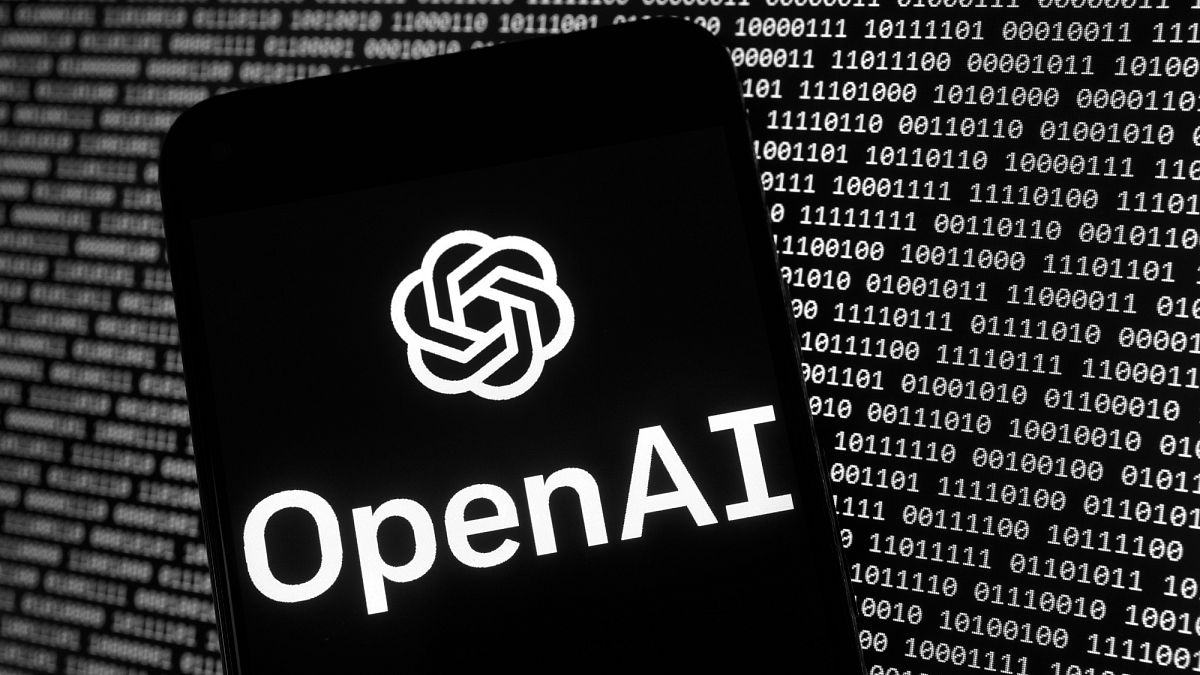

In today’s rapidly evolving landscape of technology and discovery, a range of fascinating developments capture our imagination. From the potential implications of using artificial intelligence to the thrilling progress in autonomous driving, and even intriguing revelations about our ancient ancestors, each story offers a unique glimpse into the past, present, and future of human experience.
A recent study shines a light on the potential cognitive effects of relying on AI bots, such as ChatGPT, for daily tasks and information gathering. Researchers have observed that while AI provides remarkable convenience and efficiency, it might come at a cost to our learning skills. The easy access to ready-made answers could reduce the natural human inclination to explore subjects in depth and critically analyze information. The study suggests that dependence on such technology might encourage the adoption of superficial or biased views, underscoring the importance of maintaining a balance between technological assistance and independent thought.
With a mindful approach, individuals can harness AI technology for its positive aspects while also fostering environments that stimulate personal growth and intellectual curiosity. This may involve taking deliberate breaks from digital interactions, dedicating time to reading broadly, and engaging in thoughtful discussions that challenge and expand one’s understanding.
Meanwhile, in the dynamic world of automotive technology, Tesla is on the brink of a significant advancement with its potential launch of the “Cybercab,” an autonomous taxi service. This move represents a crucial step in Elon Musk’s vision for fully autonomous vehicles, showcasing the strides made in driverless technology. The possibility of a robotaxi service not only promises to revolutionize urban transportation but also highlights the continued drive towards sustainable mobility solutions.
As Tesla prepares for this bold venture, the technology and automotive sectors keenly watch to assess the readiness of such innovations to meet real-world challenges. Autonomous vehicles must navigate complex environments with precision and ensure passenger safety, emphasizing the intricate work behind seemingly seamless operations.
In parallel to these modern advancements, the world of anthropology offers us a captivating narrative from our prehistoric past. Recent research has revealed fascinating insights into a mysterious human ancestor known colloquially as “Dragon Man.” The analysis of an ancient skull unearthed in China has identified it as belonging to the Denisovans, an extinct species distinct from modern humans and Neanderthals.
This discovery enriches our understanding of human evolution and migration patterns. The Denisovans’ genetic legacy persists in certain modern human populations, adding depth to the mosaic of human ancestry. The unearthed relics offer a tangible connection to a time when multiple hominin species coexisted, exchanging knowledge and genetics and shaping the trajectory of our species.
In contemplating these varied developments—from AI’s cognitive effects, Tesla’s ambitious pursuits, to the echoes of ancient humanity—we find a collective narrative that speaks to both the potential and responsibility inherent in human progress. Each technological leap forward should be paralleled with mindfulness towards its impacts, ensuring advancements enhance rather than diminish our shared human experience.
As we navigate these intersecting paths of innovation and history, we are reminded of the rich tapestry of existence that binds us across time and space. This period of progress is not just a testament to human ingenuity but also a call to nurture wisdom and understanding, guiding us with a thoughtful approach as we write the next chapter of our story.
Source: {link}
